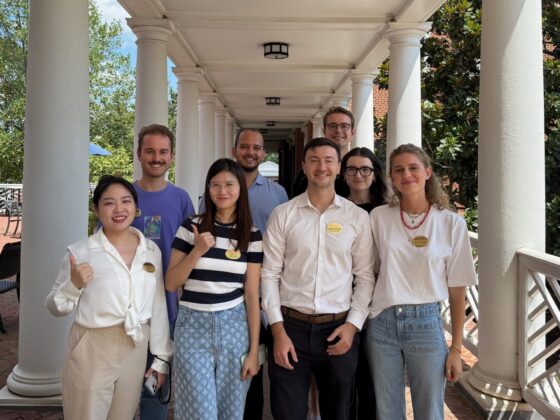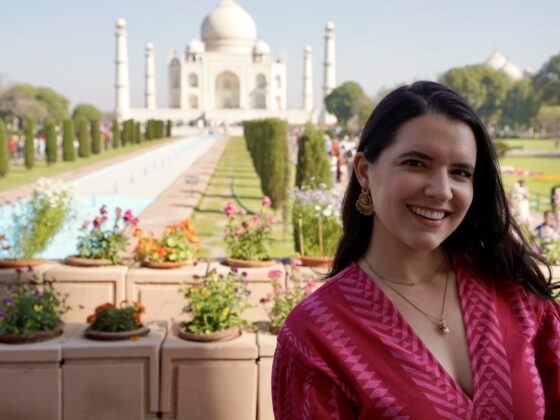24 September 2025
THE DARDEN ART PROJECT 2026: Submit your photos. Share your story. Celebrate Darden’s global mission.In 2008, The Darden Art Project (DART) was born out of a vision to fill our building with the creativity and rich global experiences that are at the heart of…





